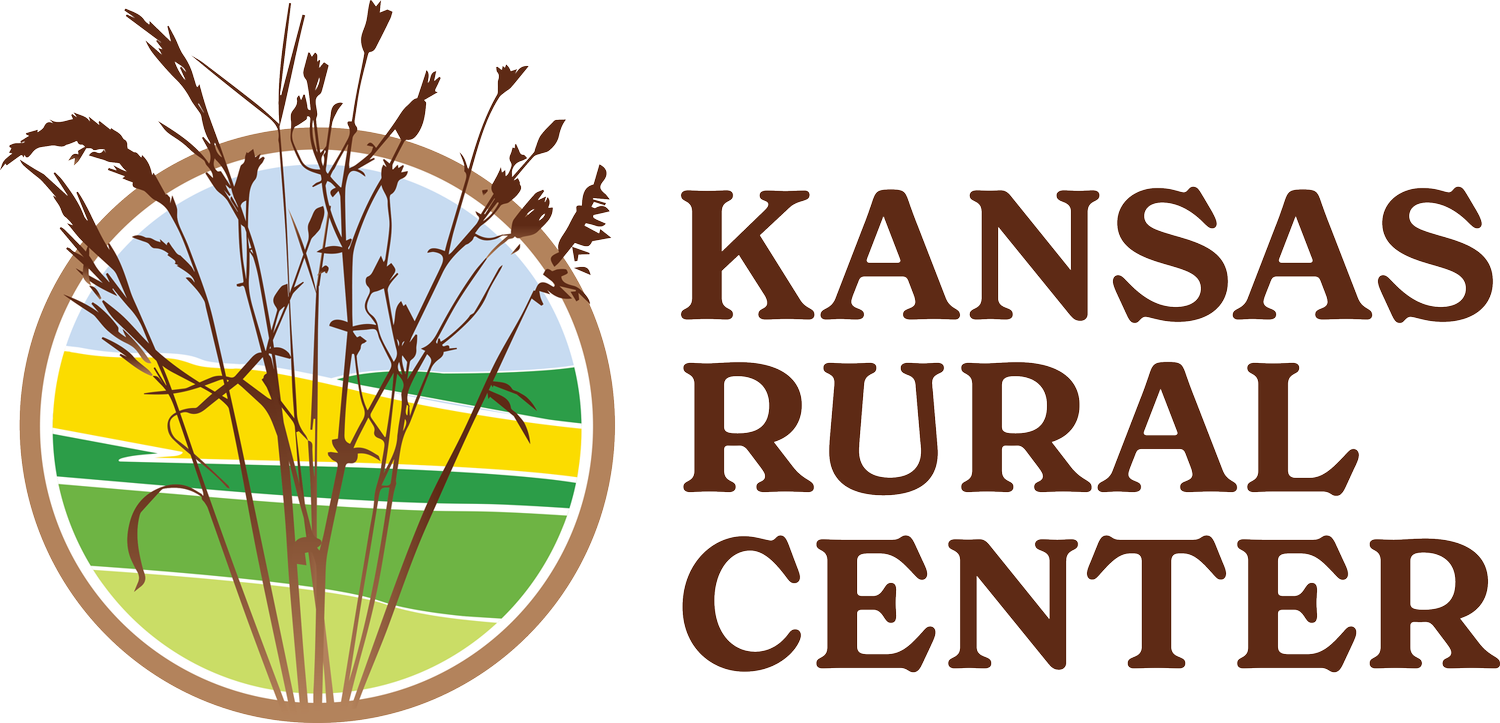Kansas Rural Center survey to assess beginning farmer and rancher barriers
July 11, 2013
Whiting, KS – The Kansas Rural Center is conducting an online survey to gain insights into the most urgent challenges and barriers Kansas beginning farmers and ranchers face today. The survey will remain open until July 19 and can be accessed by clicking the clink below.
Take beginning farmer & rancher survey!
The survey is intended for beginning farmers and ranchers (as defined by the USDA) and those interested in farming or ranching but may not be doing so yet. KRC is looking for feedback from beginning farmers and ranchers across sectors, whether practicing conventional or alternative methods.
Survey results will help determine future KRC education, research, policy, or service resources and will be provided to policymakers and others who can also assist this segment of farming.
Funding for the survey, along with upcoming educational opportunities to be announced, was provided by Farm Aid.
The Kansas Rural Center has a rich history in supporting beginning farmers and ranchers and understands that as times change, so do the needs of this increasingly important, diverse group of hardworking Kansans. The transition of farming to the next generation is recognized as a key challenge for Kansas, as the majority of our farmers are nearing or past retirement age.
As an example of a challenge to new farmers, access to land and credit has become an increasingly difficult challenge for those just getting started. According to the USDA, average prices for cropland in 2012 were $1,750, a 25% increase from 2011. Other potential barriers include transitioning to new enterprises, succession planning, managing risk, and marketing.
Finally, the uncertainty from Washington around the Farm Bill for the past year and a half has limited access to federal support such as programming and training, grants, and other funding opportunities that benefit this segment.
The Kansas Rural Center is a non-profit organization that since 1979 has promoted the long term health of the land and its people through research, education and advocacy that advances economically viable, ecologically sound, and socially just food and farming systems.
More information about the progress of this research and upcoming educational opportunities will be made available at www.kansasruralcenter.org as they develop. Or, please contact Project Coordinator, Natalie Fullerton at n.fullerton@cox.net, or 402-310-0177.

